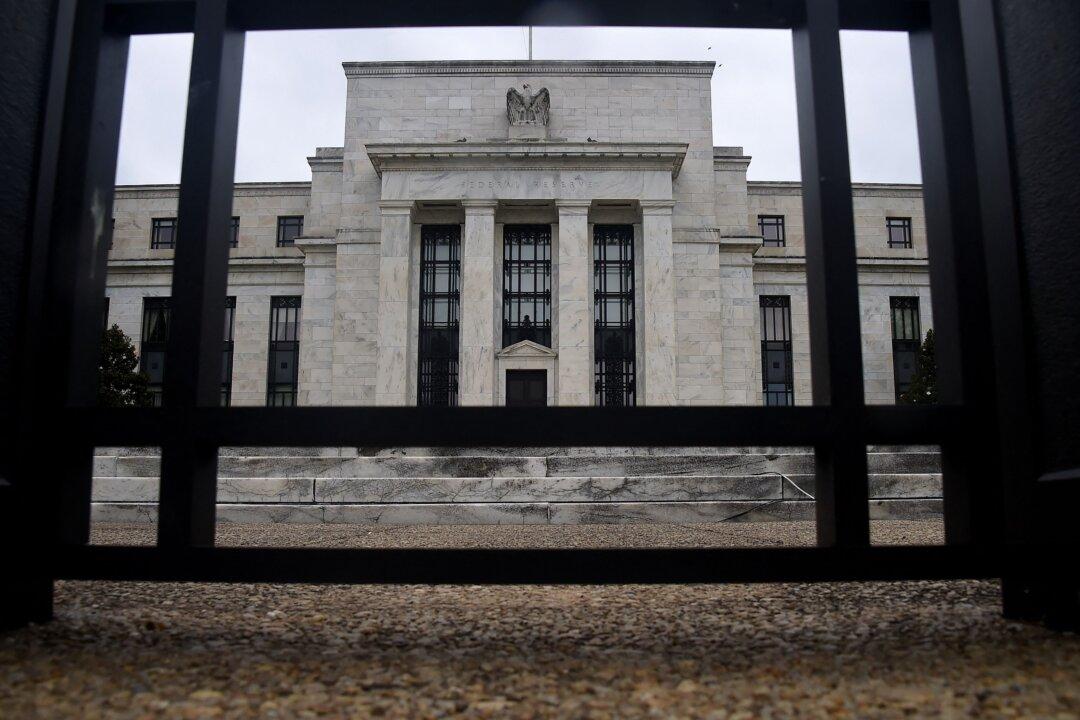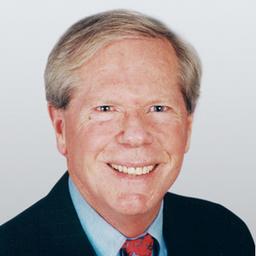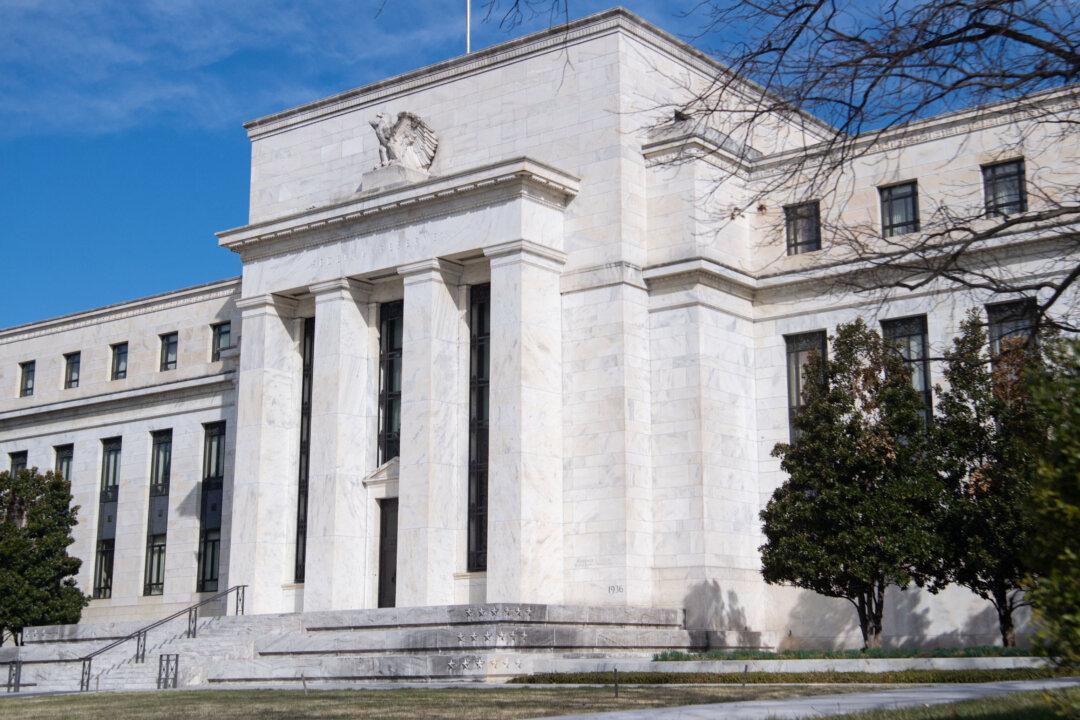Commentary
The United States government today bears little resemblance to the government created by the Founding Fathers. Many “reforms” contributed to the transformation of an accountable government to an unaccountable one. For example, the direct election of U.S. senators and the expansion of the franchise from male property owners adversely affected the security of private property. Others point to the effects of wars. All of these played a role in America’s destruction.





